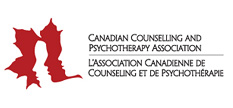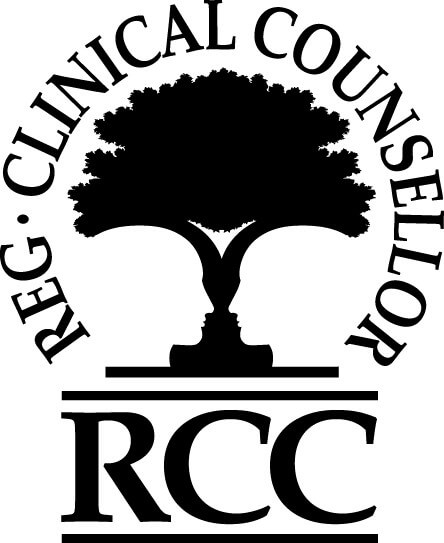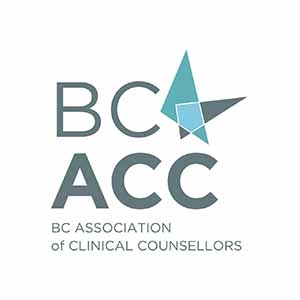Psychotherapy
Psychotherapy (or counselling) is ‘talk therapy’ – where you, as the client, share: your experiences, goals, challenges, and presenting concerns, both verbally and nonverbally. Through this communication a therapeutic relationship (or alliance) is formed between therapist and client. This relationship acts as a safe space for you to explore, excavate, evaluate, take new risks, etc. In a large way, engaging in the therapeutic relationship is ‘practise’ for the real world. I, as the therapist, will work with multiple modalities (or theoretical orientations) within our dialogue and engagement, which will serve to help us reflect, challenge, bear to light, collaborate, as well as model things like security and compassion. It is a team effort that focuses its energy on your healing.

Anxiety and Stress
Anxiety and stress impact our sleep, physical health, and our ability to be fully present in our lives. Stress acts as a ‘check engine’ light to let us know something in our environment needs to be addressed. We cannot eliminate stress without attending to our stressors. Some people find a moderate amount of anxiety gives them the umph they need to get things done. Ultimately, we want to feel good in our bodies, and be fully present, without the shadow of worry at every turn. My approach to stress and anxiety is simple (not necessarily quick or easy): what are these emotional experiences trying to tell us? Getting to their roots gives us the information we need to make healthy adjustments in our lives, so the ‘check engine’ lights can turn off. (You can learn more about my approach by reading about ADEP and Diana Fosha’s work.)
Depression
Research tells us that depression is the most treatable mental health issue. I am passionate about conceptualizing depression as a symptom instead of a root problem, in that it is a normal response to painful life experiences (see Johann Hari’s work), suppressed emotions, attachment trauma, abuse, complicated grief, lack of self-efficacy, etc. Re-establishing connection to ourselves (our inner worlds), our bodies, important relationships, spirituality, and meaningful work in life have all been shown to lead to a significant decrease in depressive symptoms. Savoring positive emotional experiences, and being relentless in the search for hope, are things I partner with my clients to do when they are presenting with depression.
Anger
Anger is a healthy emotion. It is an important part of our human experience in certain instances where our boundaries have been violated, or some injustice has impacted us, for example. Anger becomes destructive (to ourselves and others) when it is expressed in dysregulated ways such as angry outbursts, abusive speech, violent acts, feeling overwhelmed and out of control, etc. Dysregulated anger was at one point a quiet, subtle regulated feeling, but was either overlooked or avoided and, just like any boiling pot of water that has been left unattended, it bubbles over and burns whatever it touches. In therapy, I help clients slow down their experience of anger so they can learn to give proper attention to the subtle nudges – the early bodily experiences of anger, and then construct healthy ways of expressing it.

Addictions
As is often said in AA, your very best thinking has gotten you here. In other words, it’s time to let yourself have the outside support you need. It’s time to do something different. An important part of my role in working with clients who have addictions is helping them conceptualize what recovery means: while sobriety and/or abstinence are goals – they are merely steps in the journey of recovery. That is, without doing the inner work of healing, sobriety and/or abstinence are short term. Learning to process one’s emotions in healthy ways, as well as establishing/re-establishing relationships with others and with self, are some examples of what recovery work entails.
Grief
The emotions of grief and loss can feel like overwhelming waves that crash on top of us and threaten our survival. The ironic thing about this violent process is that when we commit to experiencing the waves, we feel better. In fact, grief can also be compared to a ‘vehicle’ that if and when we choose to enter, will faithfully drive us to a place of healing. While no one can carry the burden of our grief journey for us, having therapeutic support can keep us from feeling isolated and untethered when the waves threaten to overwhelm our sense of progress and hope.
Couples Therapy
In Emotion Focussed Therapy, Sue Johnson teaches that there is a specific emotional process – a dance – that occurs between each couple. This cycle of relating (which can start with not getting one’s needs met and be followed by some protective response, for example), is largely informed by each partner’s early attachment wounds. When our relationship does not offer enough safety to be vulnerable – when the more honest we are with our partner, the more our connection is threatened – it’s time to reach out for support. In couples therapy we work to establish safety, vulnerability and connection, as well as learn practical skills such as effective communication and conflict resolution.
Family Therapy
I approach family work using ‘systems’ principles. Each family member is part of the whole – the system. When any one part of a system changes, the impacts of this change ripple out to all of the other parts – even if the other parts are not necessarily seeking to change. I believe the key to healthy family systems lies in the process of ‘differentiation’ – how can each member of a family become differentiated (their full individual self), while maintaining intimacy and connection with the others (see Bowen’s work). Family cohesiveness involves practically learning to respect each other, set boundaries, and develop assertive communication skills.
Christian Counselling
While I don’t offer “Christian counselling” as a modality, I am a counsellor who is a Christian, and have a degree in Theology. Before becoming a psychotherapist I spent 10 years in pastoral church ministry. I can offer a Christian, faith-based lens to the work. Many who have been part of the Church and ‘church culture’ have been impacted (both positively and negatively). Sorting through faith experiences and one’s theological beliefs is part of what might lead you to seek a biblical approach to psychotherapy. For anyone who is deconstructing or reconstructing their faith, experienced pain or abuse within their faith community/clergy, or are simply interested in working with a fellow Christian through other presenting concerns, I can help with that.

Counselling Services for ICBC Patients
As an ICBC vendor, if you have been in a motor vehicle accident or have had a personal injury, and are seeking to navigate the emotional toll that chronic pain and/or TBI has on you, your life, and your relationships, I can help with that. Sessions fees are billed to ICBC directly once you have acquired a case worker and claim number.





